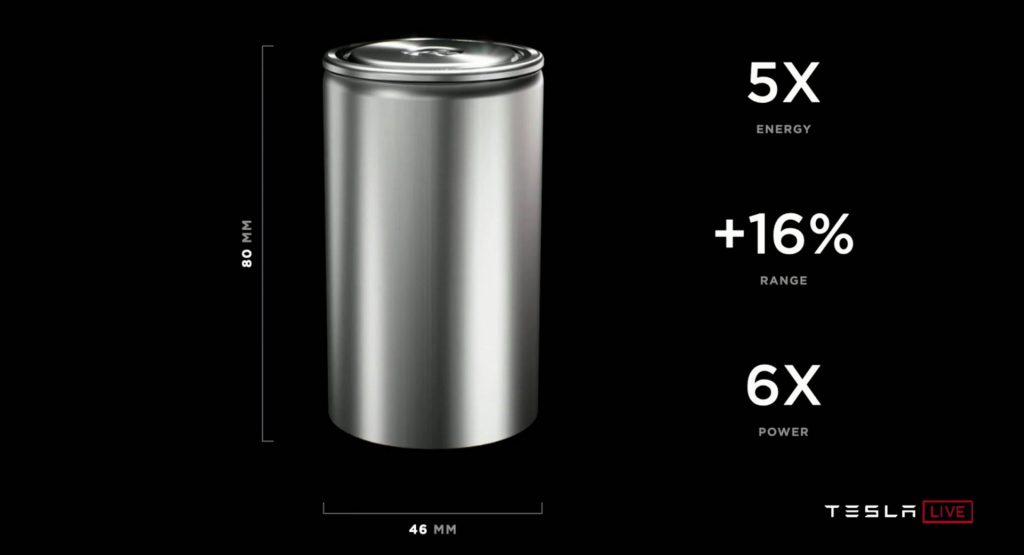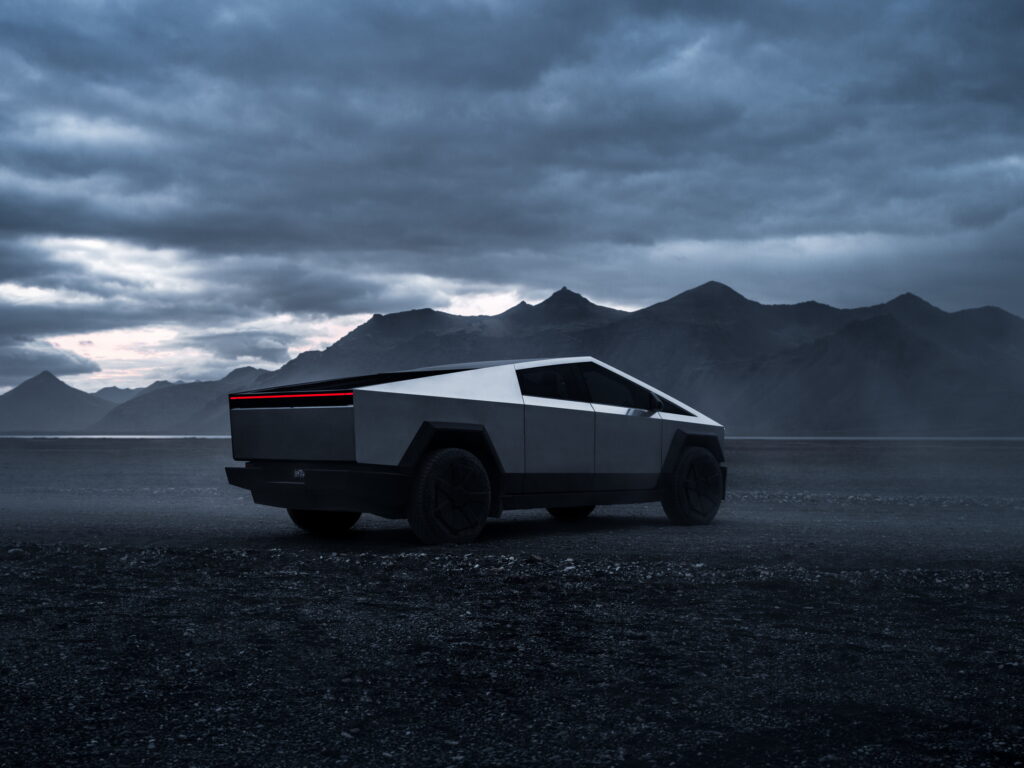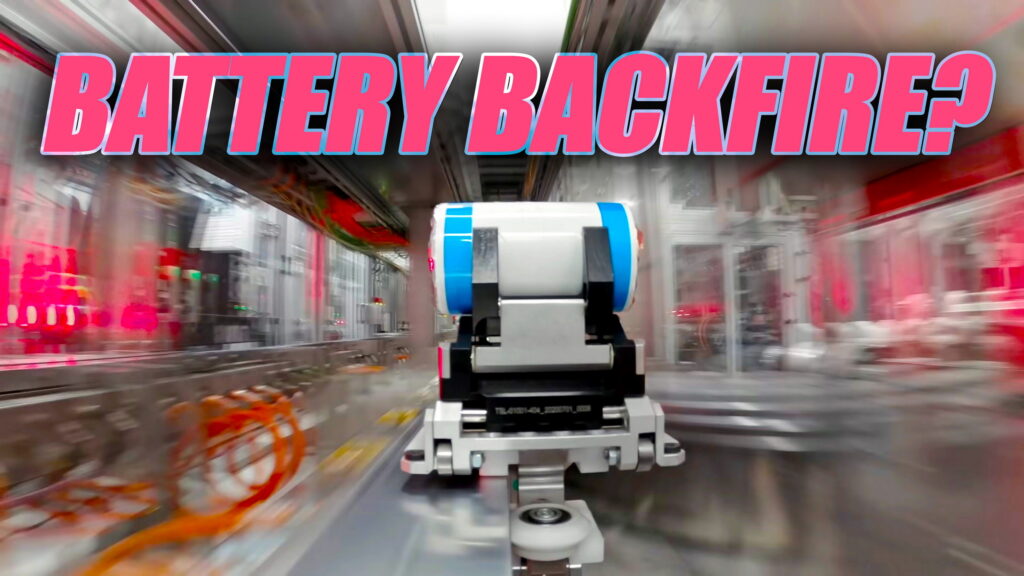- A new report states that the EV maker is struggling to manufacture the cells at scale.
- The Cybertruck is the only Tesla model currently being built with the 4680 batteries.
- Tesla’s CEO announced the batteries in 2020 and claimed they’ll make a $25,000 EV a reality.
Tesla’s 4680 battery cells were supposed to revolutionize the company’s EVs, cutting costs, providing more range, and benefiting from improved charging. However, Elon Musk could be getting ready to throw in the towel and give up on them, according to a new report.
One of the key advancements of the 4680 cell is the use of a dry coating on the cathode. This eliminates the wet coating method and was expected to be a significant contributor to the cells’ enhanced performance. While Tesla has successfully implemented this process on the anode, it hasn’t done so on the cathode, meaning the cells have yet to reach their claimed full potential.
Read: Tesla Cybertruck Deliveries Reportedly Delayed By ‘Gooey Mess’ 4680 Batteries
As it stands, the Tesla Cybertruck is the only model from the automaker currently using the new battery cell. Briefly, the Tesla Model Y manufactured at the Texas Gigafactory also used these cells.
A report from The Information claims that Elon Musk instructed the team behind the 4680 cell that costs need to be cut and that scale needs to ramp up by the end of the year. Additionally, the cells are said to be prone to collapsing on themselves while in use and that’s something Musk also wants remedied.
Two unnamed sources claim Tesla might abandon efforts to scale production of the 4680 cell if engineers cannot resolve the issues by the end of the year.
Tesla announced the new cells in 2020, stating they would be key to building a $25,000 EV for the masses. However, it now appears the company did not anticipate the development issues that have arisen.

Reports about hurdles in mastering the new cells first emerged late last year. Producing batteries at scale generates a lot of heat, which could melt the glue of the dry coating on the cathode. As of December, Tesla was also thought to be struggling to ramp up electrode production but retains the ambition to have eight lines producing 4680 cells by the end of 2024.
Curiously, and despite reports about imperfections with the cells, a report from China says that Tesla could start mass-producing the new 4680 cells in the local market by the end of this year.




